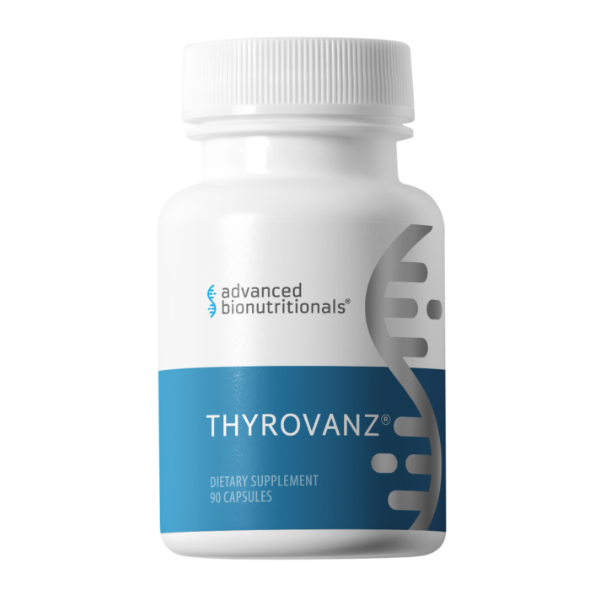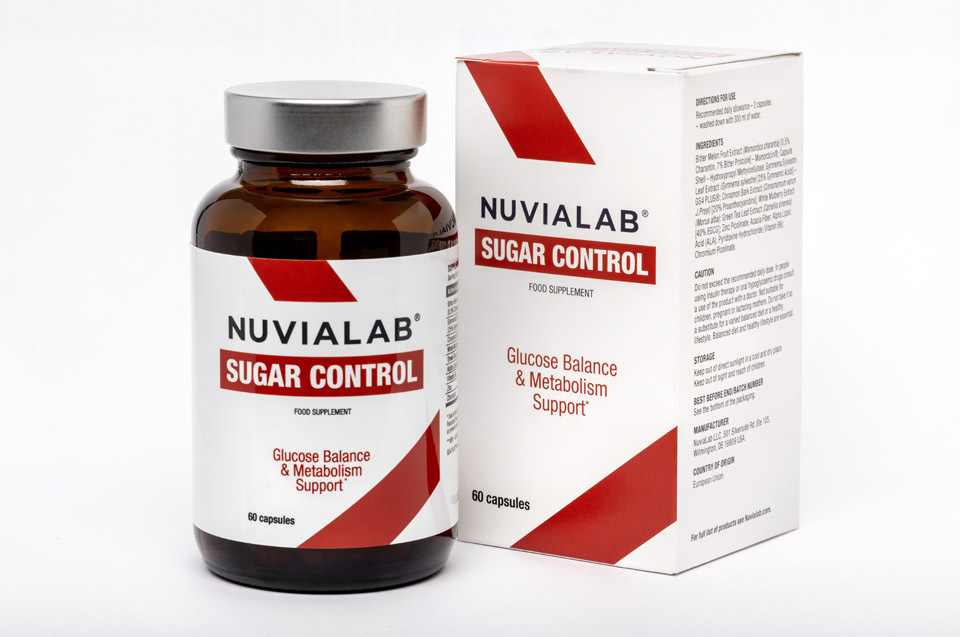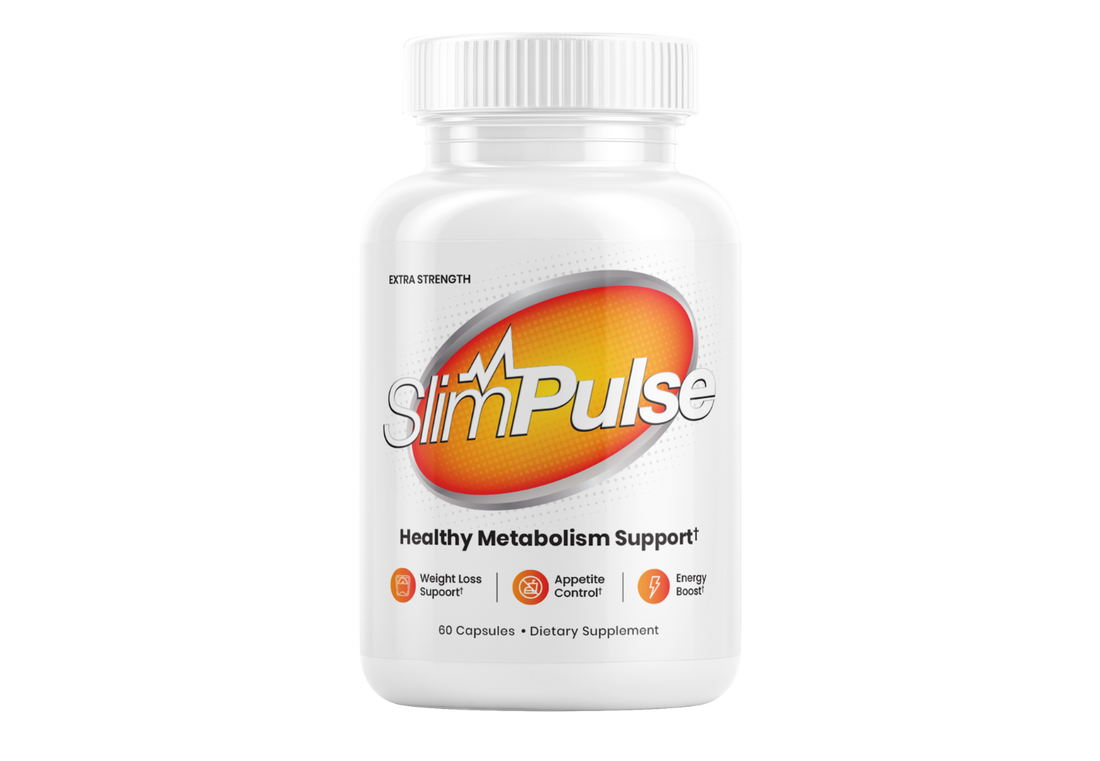Many men think prostate cancer comes from family genes, but it’s not always true. Men can get it even without a family history of prostate cancer. This type is called “sporadic” or “non-hereditary” prostate cancer. It makes up a big part of all prostate cancer cases.
About 42% of prostate cancer cases are “sporadic.” This means they don’t come from family genes. So, what causes it? Things like diet, weight, and being around certain chemicals can play a part. Age and race also affect the risk, even without family history.
There are ways to lower the risk of getting prostate cancer, even if there’s no family history. Eating well, staying active, and keeping a healthy weight can help. Also, getting regular check-ups and genetic tests can give important info on your risk.
Men can take steps to lower their risk. Working with doctors to make a plan that fits your health needs is key. This way, you can help protect your health and reduce your risk of getting prostate cancer, even without a family history.
What Is Prostate Cancer?
Understanding the Basics of Prostate Cancer
Prostate cancer starts in the prostate gland, a small organ below the bladder in men. It helps make fluid that is part of semen. This cancer can grow slowly and might not show symptoms for years. When symptoms appear, they can include trouble urinating, blood in urine or semen, and pain in the back, hips, or pelvis.
To diagnose prostate cancer, doctors use a digital rectal exam, a blood test for PSA, and a biopsy of the prostate gland. Knowing about the prostate cancer basics helps understand the prostate gland and its role. It also helps spot common prostate cancer symptoms and know how to diagnose it.
Finding prostate cancer early is key to treating it well. Some men get prostate cancer even without a family history. Knowing the risk factors and taking steps to prevent it can lower the chance of getting this disease.
This article will look at what causes prostate cancer without a family history and how to lower your risk.
Risk Factors for Prostate Cancer
Prostate cancer is a complex disease with many risk factors. Genetic and hereditary factors, as well as age and ethnicity, play big roles. These factors can affect a person’s chance of getting the disease. However, a family history of prostate cancer can raise your risk. But, it’s key to know that prostate cancer can happen to men with no family history. Knowing these factors helps with early detection and prevention. Let’s look at the main things that increase the risk.
Genetic, Ethnic and Hereditary Influences
A family history is a major risk factor. Men with a first-degree relative, like a father or brother, who had the disease face a higher risk. This is because they share genes that might make them more likely to get it too.
Black men face a higher risk than others, with a 60% higher death rate. Having a family history also raises the risk. If a father or brother has it, your risk doubles. It’s even higher if more relatives are affected.
Genetic factors may also play a part in the development of prostate cancer. Some gene mutations, like in BRCA1 and BRCA2, are linked to a higher risk of prostate cancer. These genes are often connected to breast and ovarian cancer but can also be linked to prostate cancer. Men with these mutations should get checked more often for the disease.
Age and Ethnic Background
As men age, their risk of developing prostate cancer rises. The disease is rare in men under 40 but becomes more common after 50. By the 80s, most men will have prostate cancer, but not all types are serious.
Knowing about these risk factors is key to fighting prostate cancer. It helps in making better screening and prevention plans. It also helps people take steps to lower their risk and stay healthy.
Diet, Obesity, and Lifestyle Factors
What you eat and how you live can affect your risk. Eating lots of saturated fat from red meat or high-fat dairy might increase your risk. But eating more fruits, veggies, and healthy fats could lower it.
Too much weight is also linked to a higher risk of aggressive prostate cancer. Staying healthy and active is key to prevention.
Another risk includes exposure to certain chemicals. Regular check-ups and managing these risks can help you stay on top of your prostate health.
Occurrence Without Family History of Prostate Cancer
While prostate cancer often links to a family history, it can also happen without one. This type is called sporadic prostate cancer or non-hereditary prostate cancer. It can come from many factors not related to family history.
About 75% of prostate cancer cases are sporadic, meaning no clear genetic link. This shows why knowing risk factors is key, even if there’s no family history.
Potential Causes of Sporadic Prostate Cancer
The exact reasons for prostate cancer without a family history are still being studied. But, some things might increase the risk:
- Age: Getting older raises the chance of getting prostate cancer, most cases happening in men over 65.
- Lifestyle factors: Diet, exercise, and being over-weight might play a part in getting sporadic prostate cancer.
- Environmental exposures: Being around certain chemicals, toxins, or radiation could also raise the risk.
- Genetic mutations: Some genetic changes can happen on their own and lead to prostate cancer.
Research points to high-fat diets, less sun exposure, and heavy metals like cadmium as possible causes. Infections, smoking, obesity, and not exercising might also increase the risk. Obesity and metabolic syndrome are linked to more severe cancer and higher death rates.
Having these risk factors doesn’t mean you’ll definitely get prostate cancer, but they might make the risk higher. Even without a family history, men can lower their risk. Eating well, staying active, and not smoking are key steps. These actions can help prevent this type of cancer.
Understanding Inherited Risk Factors
Genetic testing and counseling can help in getting prostate cancer diagnosed in men with higher risks. This lets them get tailored screening and prevention plans. Talking about family history and genetic tests is key for men worried about prostate cancer, even if there’s no direct family history. These tests can look at blood, saliva, or cheek swabs and give results in 2 to 3 weeks.
Test results might show a mutation, be negative, unclear, or a variant of unknown significance (VUS). If positive, they could change treatment plans, screening advice, and risk for family members. Genetic counseling is crucial to help people understand and act on their test results.
Genes like BRCA1, BRCA2, CHEK2, ATM, PALB2, and DNA mismatch repair genes are linked to higher prostate cancer risk. Experts suggest genetic counseling and testing for those with a strong family history or certain gene changes. Knowing their genetic risk lets men take steps to lower their risk with tailored screening and prevention.
Lifestyle Factors and Prostate Cancer Risk
Research shows that some lifestyle choices can increase the risk of prostate cancer. Diet and nutrition, as well as exercise, are key areas to focus on.
Diet and Nutrition
Studies link diet to increased risk of prostate cancer. Eating a lot of red meat, processed foods, and unhealthy fats might raise your risk. However, eating more fruits, veggies, and whole grains might reduce the risk of prostate cancer. Foods like cooked tomatoes, broccoli, and cauliflower are good for prostate health. Drinking green tea and eating soy foods could also help.
- Food rich in lycopene, like tomatoes and watermelon, may cut down the risk of prostate cancer.
- A diet low in dairy and high in soy foods might also lower your risk.
- Staying at a healthy weight and avoiding processed and sugary foods are key to lowering the risk of prostate cancer.
By choosing foods wisely, you can help prevent prostate cancer. Your dietitian may also recommend some dietary supplements designed to assist with prostate health. Adding these habits to your day can improve your overall health and well-being.
Physical Activity and Exercise
Regular exercise and physical activity are key to preventing prostate cancer, along with a healthy diet. Studies show that men who exercise often have a lower chance of getting prostate cancer. This is because exercise helps keep a healthy weight, reduces inflammation, and boosts the immune system.
Experts suggest men should do at least 30 minutes of moderate exercise daily, like brisk walking, swimming, or cycling. Adding strength training a few times a week is also good. Small changes, like taking the stairs instead of the elevator, can make a big difference in staying active.
Research finds that regular physical activity lowers the risk of prostate cancer. Doing vigorous activity for about three hours a week can greatly improve survival rates for prostate cancer patients. This type of exercise is linked to better survival rates and can make a big difference in fighting the disease.
Kegel exercises before and after treatment can help strengthen pelvic-floor muscles and reduce incontinence. The American Institute for Cancer Research (AICR) recommends at least 30 minutes of physical activity daily to prevent cancer and help cancer survivors live longer.
By making exercise and physical activity a part of their life, men can lower their risk of prostate cancer. This approach also boosts their overall health and well-being.
Environmental and Chemical Exposures
Prostate cancer is a complex disease. Research shows that environmental factors might play a big role in its development. It’s important to understand how these factors affect the development of prostate cancer. This knowledge helps us find ways to prevent the disease.
Toxic exposures are a big concern when it comes to prostate cancer. Studies have found links between certain pollutants and a higher risk of prostate cancer. These pollutants include pesticides, industrial chemicals, and heavy metals. They might harm the prostate gland’s normal function, leading to changes that can cause cancer.
Occupational hazards prostate cancer are also being studied. Jobs like farming, manufacturing, and construction can expose people to harmful substances. These can include asbestos, radiation, and solvents. Knowing how these hazards affect the prostate helps us make safer workplaces and prevent cancer.
- Pesticides and industrial chemicals increase the risk of prostate cancer.
- Jobs like farming and manufacturing can expose people to substances that cause cancer.
- Environmental pollution and toxins can harm the prostate gland, raising cancer risk.
“Environmental factors play a significant role in the development of prostate cancer, and understanding these influences is crucial for improving prevention and early detection efforts.”
Chemicals like arsenic and Agent Orange might increase prostate cancer risk. A study showed that more arsenic exposure meant a higher risk of getting the disease. Firefighters, who work with many harmful substances, might also face a higher risk.
Workers exposed to things like polycyclic aromatic hydrocarbons and metal fluids might also face a higher risk.
While more studies are needed to understand these risks better, it is however important for men to know about these dangers. Talking to doctors about these risks can help men lower their risk and keep their prostate healthy. By focusing on the environmental factors affecting prostate health we can lessen the disease’s impact and improve public health.
Screening and Early Detection
It’s crucial to screen for prostate cancer regularly, even if you don’t have a family history of it. Finding prostate cancer early is key to better treatment and outcomes. The main tests used are the digital rectal exam (DRE) and the prostate-specific antigen (PSA) blood test. A DRE exam lets doctors feel the prostate for any unusual areas. Together, these tests give a full picture of prostate health and assist in catching prostate cancer early, when it’s easier to treat.
Prostate-Specific Antigen (PSA) Testing
The (PSA) blood test is the most common way to screen for prostate cancer. The test works by checking the PSA level in blood. PSA is a protein made by the prostate gland. If prostate cancer is present, PSA levels might be higher. This helps to detect cancer before symptoms show up, making it crucial in the battle against prostate cancer.
But remember, a high PSA level doesn’t always mean you have cancer. Other things like a big prostate or inflammation can also raise PSA levels. Therefore, doctors look at PSA levels and other factors to decide if more tests or a biopsy are needed.
Men should get regular prostate cancer screening with PSA tests, especially if they’re at higher risk. This includes men with a family history of cancer or certain ethnic backgrounds. Catching prostate cancer early with PSA tests can lead to better treatments and outcomes.
“Early detection of prostate cancer through regular PSA testing can be the key to successful treatment and better long-term outcomes for patients.”

Importance of Regular Screening for Prostate Cancer
Regular screening for prostate cancer is key, even without a family history. This includes PSA tests and digital rectal exams. Men should talk to their doctors about their risk and screening options to catch the disease early.
Knowing about risk factors and prostate cancer without a family history helps people take steps to stay healthy. This can lower the chance of getting this disease.
There’s debate on the best screening schedule, but most groups suggest talking about it with your doctor. Men should start these talks around 40, or 45 if they have a high risk, especially black men.
Screening early can greatly improve treatment success and outcomes. Being diagnosed with prostate cancer early means a nearly 100% 5-year survival rate. But, it’s important to consider each person’s risk and preferences. Too much screening can lead to treating cancers that might not need it right away.
New tools like the Prostate Health Index, 4K score, and MRI of the prostate are being developed. They help assess the cancer risk and guide treatment. Men should talk with their doctors about screening’s pros and cons to make a choice that fits their needs.
Ways to Reduce the Risk of Prostate Cancer
Prostate cancer is a common cancer in men, but you can lower your risk. You should therefore, make healthy choices that can greatly reduce your chances of getting this disease.
Healthy Diet and Weight Management
Keeping a healthy diet is key to lowering the development of prostate cancer. You should therefore eat lots of fruits, veggies, and whole grains helps prevent it. You can also try some dietary supplements that are recommended for prostate well-being. Also, staying at a healthy weight is crucial, as being too heavy increases your risk.
Here are some diet tips to fight prostate cancer:
- Eat foods high in lycopene, like tomatoes and red fruits and veggies.
- Include omega-3 fatty acids in your meals, found in fatty fish, walnuts, and flaxseeds.
- Reduce red meat and processed meats intake, linked to higher cancer risk.
Regular Exercise and Physical Activity
Exercise and physical activity are also vital for prostate cancer prevention. Studies show that regular activity lowers prostate cancer risk in men.
Here are some activities to help prevent prostate cancer:
- Walk or jog for 30 minutes daily, most days.
- Do strength training, like weightlifting, to keep muscles strong and bones dense.
- Try activities that boost heart health, such as swimming, cycling, or sports.
By following these healthy habits, you can lower your prostate related problems and improve your overall health.
“Regular physical activity and a healthy diet have been shown to significantly reduce the risk of prostate cancer. It’s never too late to make positive changes to your lifestyle.”
Prostate Cancer Prevention Strategies
Prostate cancer is a serious health issue, but there are steps to lower the risk. You can, for example, use chemoprevention and dietary supplements that can can help. Chemoprevention means using agents to prevent or delay cancer. Dietary supplements also have a role in preventing prostate cancer.
Chemoprevention for Prostate Cancer
Chemoprevention for prostate cancer uses medications or natural compounds to stop precancerous cells from growing. Some agents that show promise include:
- Vitamin E and selenium: These antioxidants can lower the risk of prostate cancer in some studies.
- Finasteride and dutasteride: These drugs can reduce the risk of low-grade prostate cancer.
- Aspirin and other anti-inflammatory drugs: Using these regularly is linked to a lower risk of prostate cancer.
Talking to a healthcare provider is key before starting chemoprevention to understand the risks and benefits.
Supplements for Prostate Cancer Prevention
Some dietary supplements may also help prevent prostate cancer. These include:
- Lycopene: Found in tomatoes and red fruits and vegetables, it’s linked to a lower prostate cancer risk.
- Vitamin D: Having enough of this vitamin may prevent prostate cancer.
- Green tea extract: The polyphenols in green tea can slow down prostate cancer cell growth.
However, the effectiveness of these supplements can differ. Always talk to a healthcare provider before starting any new supplements.
Using chemoprevention and dietary supplements can help prevent prostate cancer. By adding these to a health plan, people can protect their prostate health.
Medications for Prostate Cancer Prevention
For men at higher risk of prostate cancer, some medications can help prevent it. These include 5-alpha reductase inhibitors like finasteride and dutasteride. They block testosterone from turning into dihydrotestosterone (DHT), which can help stop prostate cancer cells from growing.
Studies show these drugs might cut the risk of prostate cancer by 25%. Even though these drugs can help prevent cancer, it’s key to think about the possible downsides. These can include less sexual desire, trouble getting an erection, and urinary issues. Moreover, if cancer does happen, these drugs might make it more aggressive. Men thinking about using these drugs should talk with their doctors to see if they’re right for them.
Conclusion
To sum up, prostate cancer is a complex disease with many risk factors. These include genetics, age, and ethnicity. However, people without a family history can still get it. Therefore, it’s key to take steps to lower your risk.
Living a healthy life helps a lot. This means eating well, exercising often, as well as keeping a healthy weight. Over and above this, screening and early detection with PSA tests can also help diagnose the disease early. This makes treatment more effective, therefore.
Knowing the risks and prevention steps can help men manage their health better. Being informed and proactive is key. It ensures early detection and better management of prostate cancer, even without a family history.
FAQ
Can someone develop prostate cancer without a family history?
What are some ways to reduce the risk of prostate cancer?
What are the key risk factors for prostate cancer?
How does prostate cancer screening work?
What lifestyle factors can impact the risk of prostate cancer?
What is the role of chemoprevention and supplements in prostate cancer prevention?
Source Links
- Prostate Cancer Risk Factors | Risk Factors for Prostate Cancer
- Prostate Cancer: Prevention
- How to lower your risk of prostate cancer
- Prostate cancer – Symptoms and causes
- The Etiology of Prostate Cancer – Prostate Cancer
- Risk Factors for Prostate Cancer
- Prostate Cancer Risk Factors
- Prostate Cancer Risk Factors
- Racial Disparities in Prostate Cancer: Evaluation of Diet, Lifestyle, Family History, and Screening Patterns
- Racial disparities in prostate cancer: A complex interplay between socioeconomic inequities and genomics
- Racial and Ethnic Disparities in Health Status, Chronic Conditions, and Behavioral Risk Factors Among Prostate Cancer Survivors, United States, 2015
- Prostate cancer: Family history, genetics and your risk – Mayo Clinic Comprehensive Cancer Center Blog
- The Role of Family History and Germline Genetics in Prostate Cancer Disease Profile and Screening – Urologic Cancers
- Dietary Factors and Prostate Cancer Development, Progression, and Reduction
- Dietary Factors and Risk of Advanced Prostate Cancer
- The Impact of Lifestyle on Prostate Cancer: A Road to the Discovery of New Biomarkers
- Healthy Lifestyle and Cancer Risk: Modifiable Risk Factors to Prevent Cancer
- Diet, physical activity and your risk of prostate cancer
- How Does Environmental and Occupational Exposure Contribute to Carcinogenesis in Genitourinary and Lung Cancers?
- Occupational Risk Factors for Prostate Cancer: A Meta-analysis
- Occupation, industry, and the risk of prostate cancer: a case-control study in Montréal, Canada – Environmental Health
- Prostate Cancer Risk Factors
- Genetics of Prostate Cancer (PDQ®)
- Family history of breast or prostate cancer and prostate cancer risk
- Screening and Early Detection
- How to Prevent Prostate Cancer? | Prostate Cancer Prevention
- Strategies for prostate cancer prevention: Review of the literature
- Survival outcomes in men with a positive family history of prostate cancer: a registry based study – BMC Cancer
- Prostate cancer family history tied to better chance of survival
Affiliate Disclosure
The links contained in this article may result in a small commission to us if you opt to purchase the products recommended at no additional cost to you. This goes towards supporting our research and editorial activities so that we can only provide informed advice.
Disclaimer
Please understand that any advice or guidelines revealed in this article are not in any way a substitute for sound medical advice from a licensed healthcare provider. Make sure to consult with a professional physician before using any of the advice provided here, especially if you use medications or have concerns following the advice shared in this article. Individual results may vary. The products recommended in this article are not intended to diagnose, treat, cure, or prevent any disease.








